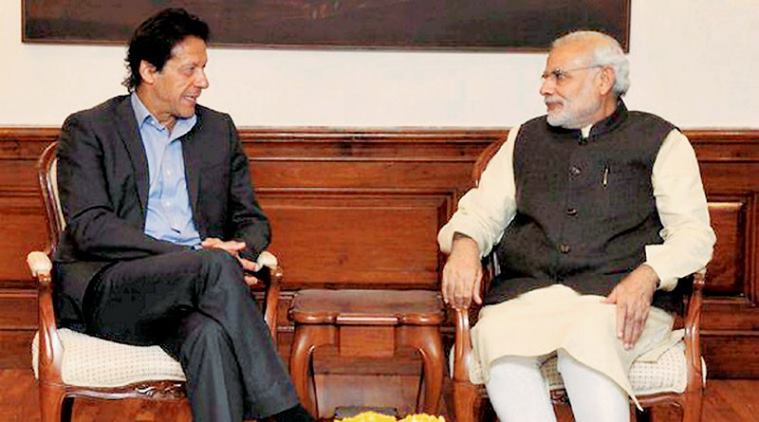
By Akhilesh Mishra (6 March 2019) – It is now over a week since India struck Balakot in Pakistan in a pre-emptive strike to take out terrorists planning further attacks on India. Various competing claims have been put forward about the impact these strikes would have, both in the short term and in the medium term. These claims can essentially be put within three brackets: The impact on the India-Pakistan calculus, the domestic impact and, finally, the way Narendra Modi would be assessed as a decision maker.
On the India-Pakistan front, the changes are already being felt. First, the most dramatic change has been in terms of India’s threshold and the type of its response to terrorism. For a long time, Pakistan managed to convince the world that it called the shots on defining the threshold, and that it would determine which Indian defensive action would constitute a breach beyond which it would use its nuclear button. Post Balakot, the world has been notified that it is actually India which will set the threshold of strategic patience, beyond which it would respond within Pakistani territory. It is now up to India to determine how low this threshold will be.
Second, the tri-services press conference on the one hand and the foreign secretary presser on the other, have signaled to Pakistan that India is now willing to use any and every means necessary to put an end to Pakistan-sponsored terrorism. The Indian navy has had ostensibly no role so far in dealing with terrorism, and yet, it was out there briefing the media on its readiness to respond to Pakistan. The message could not have been more succinct.
Third, during this episode, not once did India try to “talk” to Pakistan to end terrorism. It was Pakistan that desperately called up India and got no response. It was Pakistan’s prime minister who went on national television not once but twice to plead, and it was Pakistan which shut down its airspace for almost a week. India, on the other hand, went about its business as usual. The message was loud and clear: Persisting with its hostility for India will now have disproportionately higher costs for Pakistan.
Most importantly, the nuclear bluff has finally been called. For 30 years, Indian decision makers were paralysed when it came to responding to terror emanating from Pakistan. India is perhaps the only country in the world which did not respond militarily when its Parliament was attacked and when its financial capital was brutalised. The bullet-proof jacket that Pakistan wore all this while has been pierced and there is no putting it back on.
Domestically, two strands are playing out. Both of these revolve around Modi. First, one of the important promises made by Modi in the 2014 elections was that he would be a more decisive leader when it came to dealing with terror. In dealing with militant groups in the Northeast, Naxalites in central India, the Islamist terrorists inside Kashmir, and, in responding to Pakistan, Modi has lived up to that promise. The second is a claim that Modi’s supporters have made ever since 2014, and it is rather unfortunate that it has turned out to be true: That hate-Modi would eventually morph into hate-India, was a constant theme on social media and elsewhere among the most ardent of Modi supporters. When 21 parties passed a resolution last week condemning the government of India during an ongoing crisis with Pakistan, they could have hardly been unaware of how Pakistan would play it against India. Soon enough, this was used by Pakistani media as proof that India itself orchestrated the Pulwama attack! When the dust settles, saner and more seasoned minds in the Opposition would, perhaps, reflect on what they allowed Rahul Gandhi to do?
Finally, how should we assess Modi, the decision maker? Since his Gujarat days, he has built an image of a person who does not let electoral timetables impact national endeavours: As prime minister, he has now proved that multiple times. One state which was likely to bear the initial hiccups the most due to demonetisation was Uttar Pradesh. Yet, that did not deter him from going ahead with the initiative just a few months before the UP elections. The GST rollout timeline was decided by national consensus — just a few months before the Gujarat elections, a state which would face the maximum initial disruption. Even well-wishers advised Modi to pause, but GST was rolled out on time. Now, just before the national elections, the risk of sending fighter planes deep inside Pakistan territory was immense. It could have gone terribly wrong. But, personal political risk, again, did not deter Modi from taking decisions that were in the national interest. Perhaps this would cement the defining legacy of the first term of Modi’s prime ministership. That he always put India first.
The writer is CEO, Bluekraft Digital Foundation and was earlier director (content) MyGov. This article was first appeared in The Indian Express.

